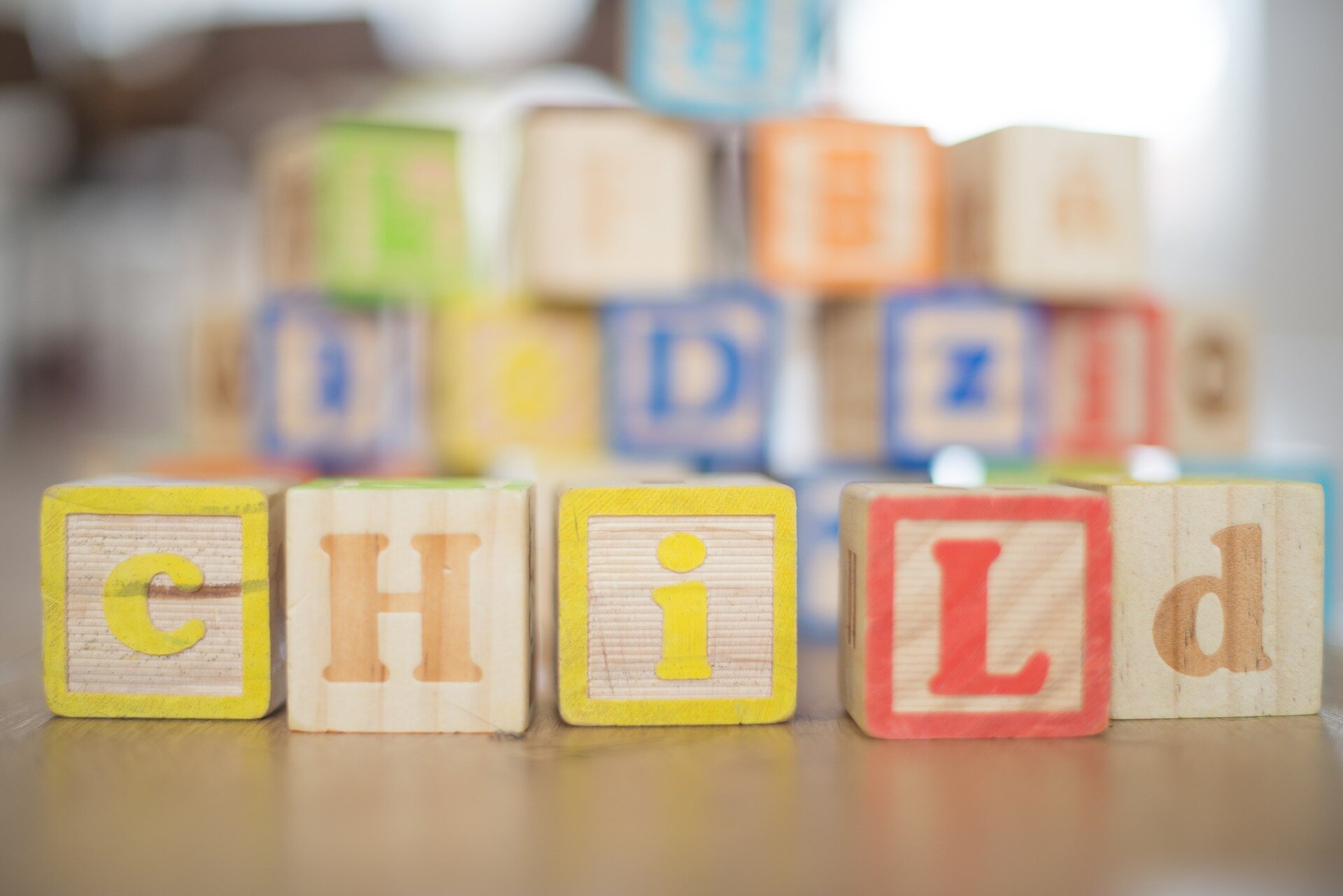Childish
When I was a child, I spoke like a child, I thought like a child, I reasoned like a child. When I became a man, I gave up childish ways. - I Corinthians 13:11
+
One of the most beautiful things about children is that their minds have yet to be bound by the strictures of reality. Their imaginations soar, they pretend with reckless abandon and they create entire universes of play with no effort at all. They do not know what cannot be yet, so they have no reason to be bothered about it.
This is a truly wonderful quality in children. It becomes sociopathic in adults.
At some point, as the child grows into adulthood, the wonder and power of imagination ought to become anchored and secured by truth. Purpose and meaning beyond the simple enjoyment of one’s own feelings become necessary and worthwhile communication and cooperation with others is essential.
The distinction between “childlike” and “childish” is an important one. “Childlike” denotes humility, a respectful admission of needfulness and a joyous acknowledgment of rightful authority. It also suggests a loving embrace of wonder and awe and an exuberant acceptance of the love of your spiritual family. All of this is good and essential for the properly thinking Christian ( “Truly, I say to you, unless you turn and become like children, you will never enter the kingdom of heaven.” - Matthew 18:3).
“Childishness,” however, suggests petulance, selfishness, pettiness and immaturity.
One of the hallmarks of childishness is wishful thinking. Instead of dealing with the facts of a situation for what they are, a childish person will insist on their own way, even if that way is well outside the boundaries of reason or logic. The childish person is one who has retained the imaginative aspects of childhood but has refused to buoy them with truth or reality.
What results is grown men and women attempting to make the real world into their own vision of what they believe the world ought to be like. Fact and truth are set aside for wishful thinking and subjective notions of how one wants things to work.
This dynamic burrows its way into all areas of personal and societal life: faith and religion, politics, education, family, sports. (Ok, perhaps not sports. That’s seemingly the one place where people still insist on objective standards and fair, equally enforced rules.)
And so if the world sometimes feels like it’s being run by a bunch of grownup children, that’s because in a lot of ways, it is. Though rich, powerful, educated, accomplished, vocationally competent or seemingly mature, many people never spiritually or emotionally mature past childhood. We allow our personal desires to become the lens through which we translate all the ideas and information we encounter throughout our lives. If we like something, it’s good. If we don’t like it, it sucks. If a particular political position appears to give us what we want or make us feel good for supporting it, we jump onboard. If a bible verse doesn’t make sense to us or offends our delicate sensibilities, we simply explain it away or excise it.
Put another way, childishness is life with yourself at the very center of it. It is the elevating of one’s own opinions, preferences, wishes and desires over-and-above all other considerations. It is inherently narcissistic (as all children naturally are) and socially destructive. It results in unending strife and striving, one against the other, neither trying to achieve the best possible outcome but the one that benefits themselves the most or makes them feel the best.
Learn to spot childishness and call it out, both in yourself and in the world around you. Wishful thinking is not wise thinking. There is a place and time for opinion and preference, but it is not every place and it is not all the time. Truth matters whether we happen to like it or not. We do not possess the ability to bend and shape reality to our imaginative whims.
Instead, we must decide to appeal to authority and truth that is both higher than our own understanding and not dependent on our acknowledgement. We must be willing to admit that our emotions may be skewed, our minds may be uninformed and our preferences may not be ideal. We must acknowledge that wanting something to be true, believing it ought to be true, or simply wishing it was true does not make it so. We must be willing to look past what feels good in a given moment and do the hard work of discovering what is best regardless of how we feel about it.
+
“Brothers, do not be children in your thinking. Be infants in evil, but in your thinking be mature.”
- I Corinthians 14:20
